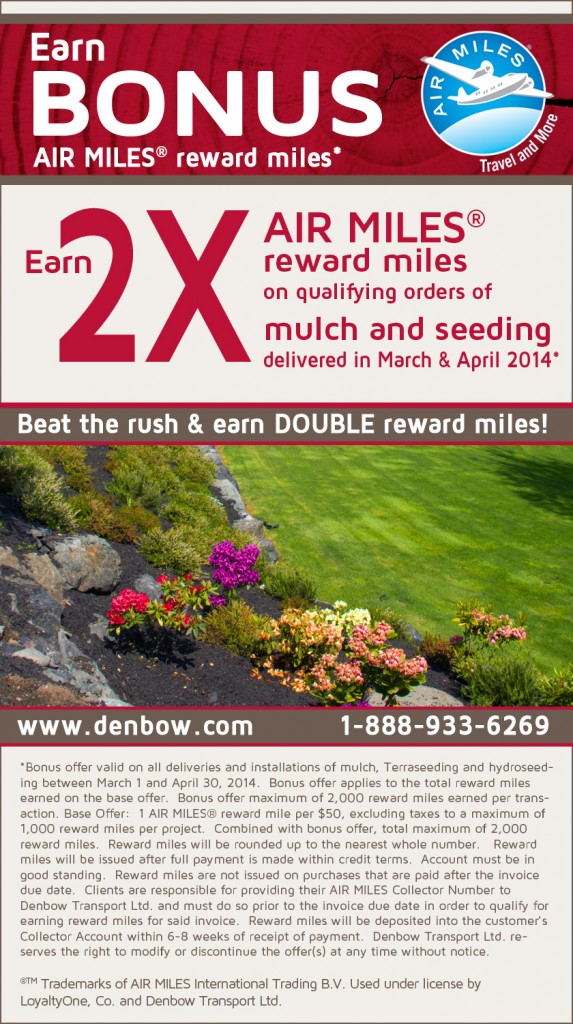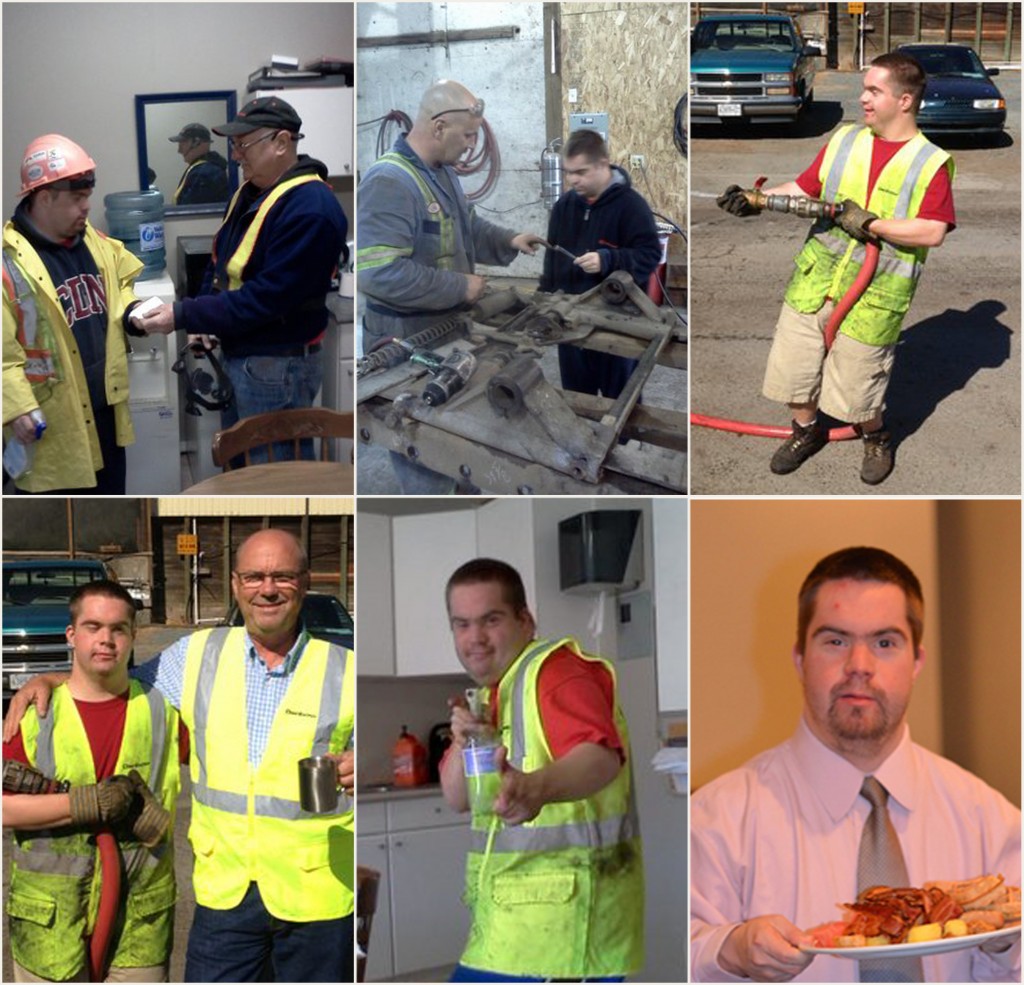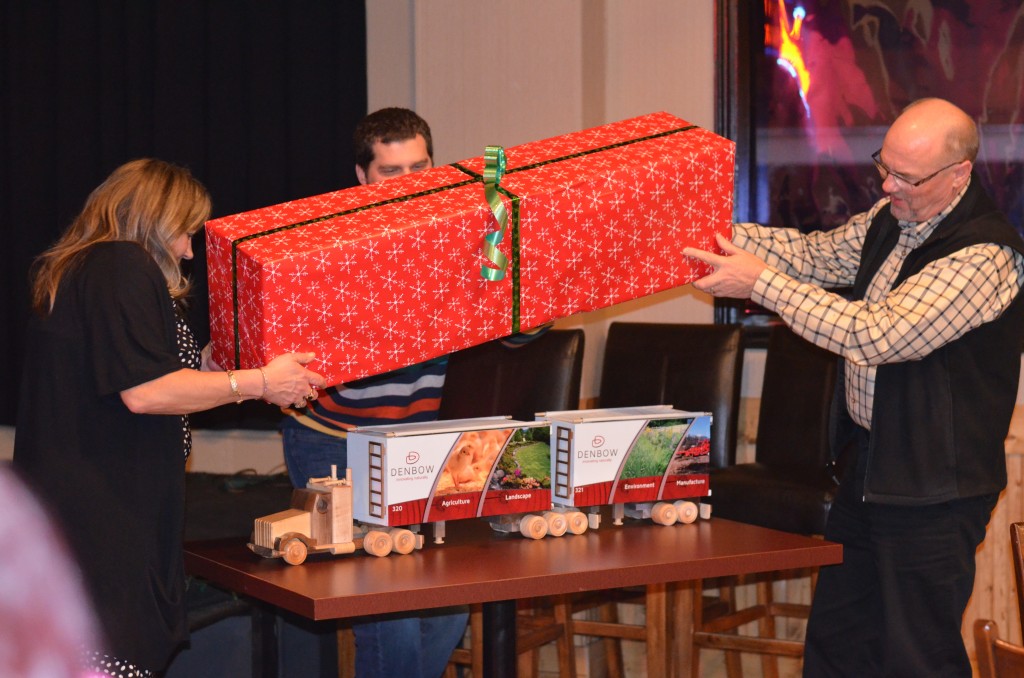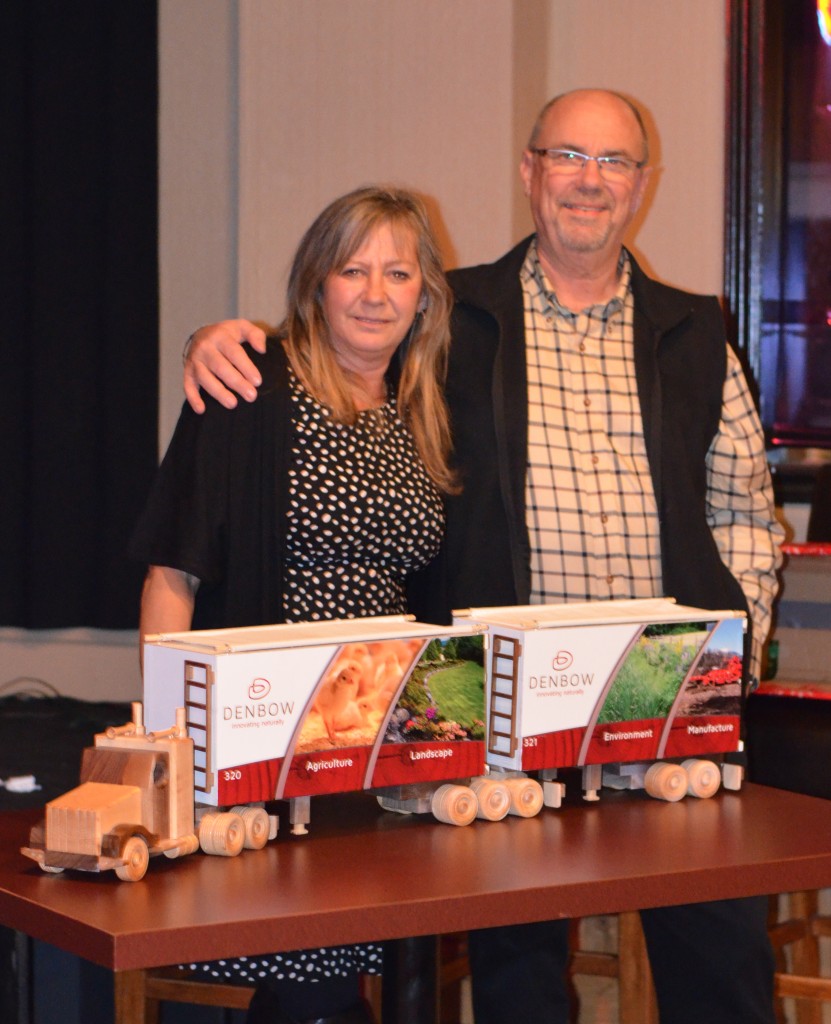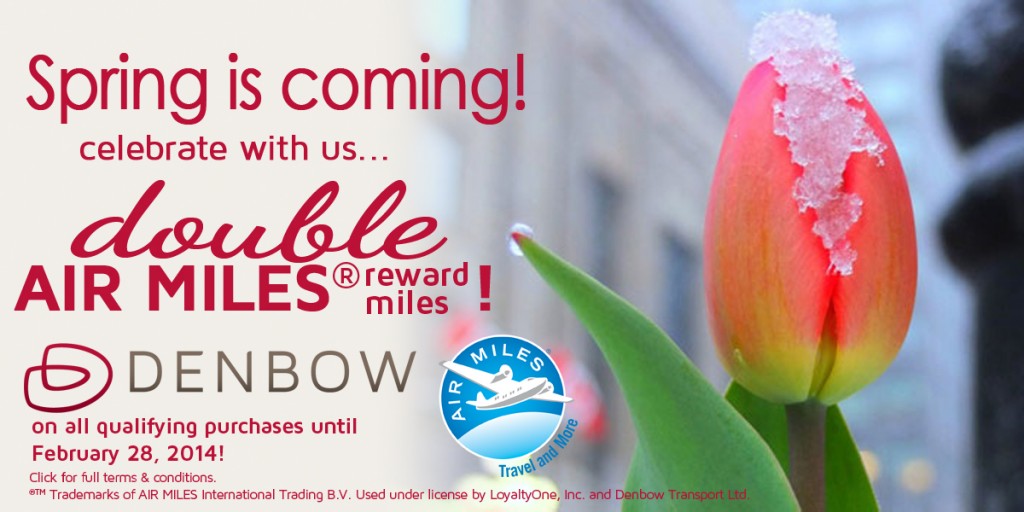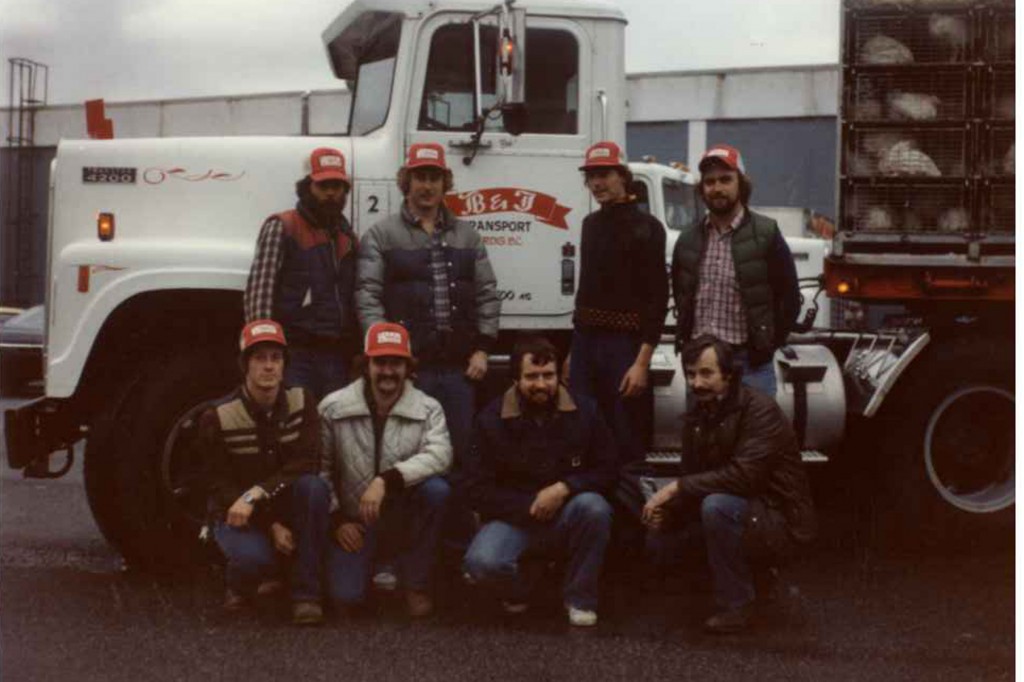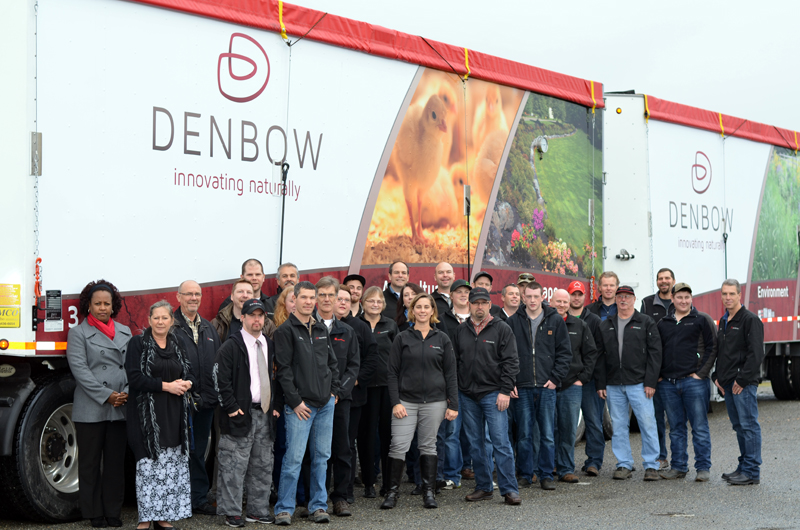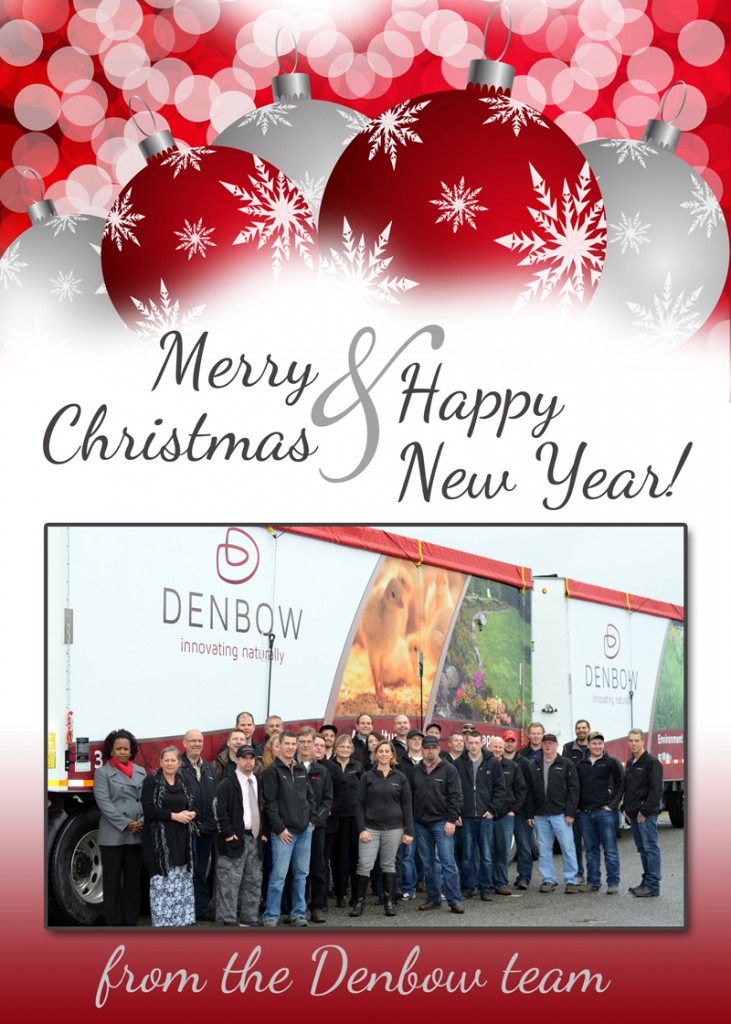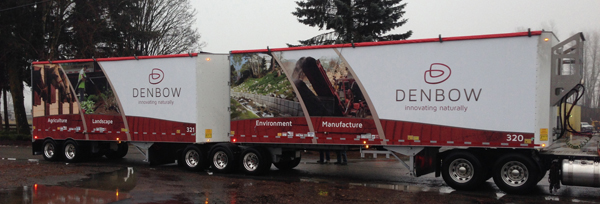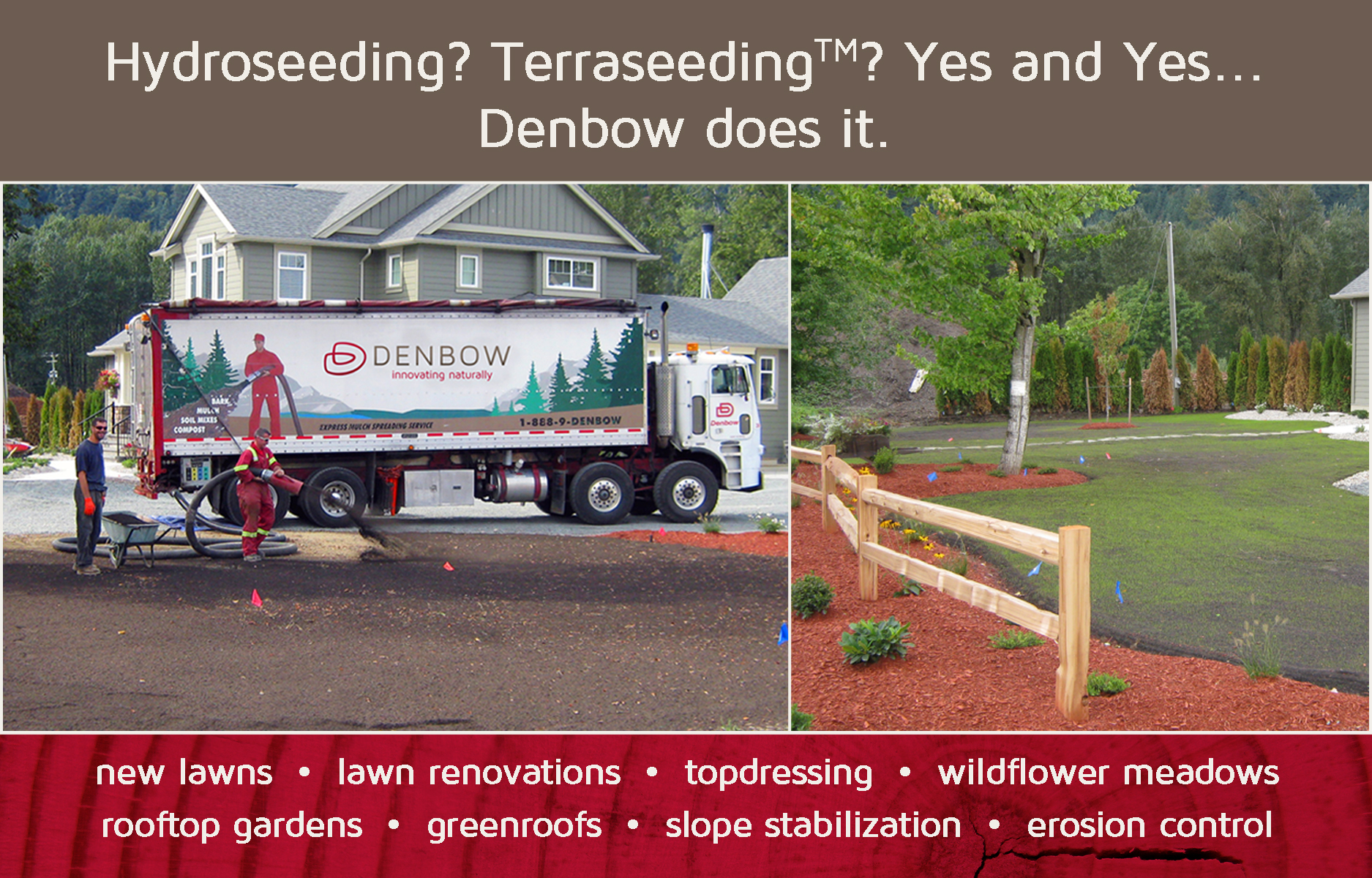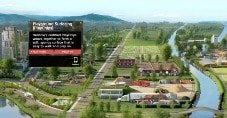EMPLOYEE PROFILE: Corey Bennett
/in Announcement, Corporate News, Denbow Fun, Environment /by Dean Richards
COREY BENNETT
We would like to introduce you to Corey Bennett. He has been working here at Denbow part-time for the past four years. Corey was introduced to Denbow by the program he participates in at Chilliwack Society for Community Living called RISE (Real Integration through Supportive Employment). Corey is responsible for keeping our staff office and shop areas neat and tidy.
Corey is turning 27 years old in a few weeks. He loves his birthdays so we make sure that we remember them. 🙂 He also has a lot of interests that keep him quite busy when he is not working at Denbow. He loves to dance, bowl, listen to music & swim with his many friends. Corey also has a creative side, writing stories. ‘Garfield’ is a movie that he really loves “because it’s funny”! He lives at home with his mom and dad and has an older brother named Richard.
Each week Corey arrives at work with a Tim Hortons coffee in his hands. Sometimes he even brings a coffee or ice-cap for his two very favorite Denbow co-workers, Ray and Mike. Corey loves to attend company functions. We can count on him to dress up for the occasion and bring his enthusiasm with him.
Denbow has been blessed by the opportunity to provide part-time employment to Corey. We look forward to continuing to work with him as he grows his workplace skills and shares stories about dances and camps with us.
Denbow employees give custom made gift
/in Environment, Landscape, Processing /by Dean RichardsAt our annual New Year’s Dinner, Denbow employees gave a special gift to owners Bill & Joanne Boesterd.
A custom made wood model of our new b-train trailers!
The model was hand made by a grandpa of one of our driver’s wife. Mr. Jake Esau spends his time each year making wooden models of equipment from excavators to semi trucks. He started doing this so that the items could be sold at the Annual MCC sale, with the proceeds supporting various missions projects around the world. As well, some of the proceeds from his items go to support Pines Bible Camp. Earlier this year Denbow assisted the camp with site cleanup and grinding following a devastating storm.
Thank you, Mr. Esau, for doing an amazing job – what talent you have! We were happy to support your projects while giving such a unique and personal gift to Bill & Joanne. Bill is proudly displaying the model in his office.
The Name Denbow
/in Environment, Landscape, Processing /by Dean RichardsWe are often asked the question of how Denbow became our company name. President Bill Boesterd shares the story:
It was the summer 1981, July 1st, and we were in business. The run up to this date was filled with what we felt were more important activities than determining how we should structure the legal identification of our business, thus we set up a simple partnership between Joanne and myself and decided our business name would be B & J Transport.
B & J, short for Bill & Joanne. The trucks were all lettered up – hand painted in those days, so no quick accomplishment!
A few months later, with the advice of our accountants, it was decided that an incorporated entity, for various reasons, was a better business structure to operate under. On investigation we discovered that B & J Transport Ltd. was not an option, as the name in too close to another firm that was already in existence. We needed a new name.
We started writing down as many names as we could think of that would give us memorable identity. Branding never entered our minds. Among the many options was Denbow Transport Ltd. My Dutch European last name originally was DenBoesterd. As a result of some naming complications, my Dad had shortened that up to Boesterd. Boe can be pronounced Boo or Bow. Thus the shortened version Denbow came about as an option. Nothing complicated, no exciting strategy or thought process. Just a simple option.
On a cold, wet winter morning after our trucks and their loads of live poultry were safely delivered to Scott Poultry in Port Coquitlam, five drivers and myself sat down at our favorite breakfast restaurant in the area. After coffee was poured, and the usual light banter quieted down, I pulled out my list of approximately 20 carefully thought through potentials to rename our company. To this day I still remember how quickly we came to a consensus. The new name, we all agreed, if it could be, would be Denbow Transport Ltd. That settled, we enjoyed our favorite breakfasts, and carried on with our day.
A simple process, decided on by few truck drivers and now Denbow is a name we assemble under collectively with pride and gratitude.
And now….you know the rest of the story.
Bill Boesterd, January 2014
Merry Christmas from Denbow!
/in Environment, Landscape, Processing /by Dean RichardsDenbow’s team wishes you and your family a Merry Christmas and Happy New Year! We are thankful for our relationship with you and look forward to seeing you in 2014 🙂
Our office over the holidays are:
Christmas Eve – closed at noon
Christmas Day & Boxing Day – closed
Friday December 27 & Monday December 30 – open 8am-5pm
New Year’s Eve – closed at noon
New Year’s Day – closed
Friday January 2 – open 8am-5pm
Enjoy your time off!
Winter Air Miles promotion!
/in Announcement, Corporate News, Environment, Landscape, Processing, Uncategorized /by Dean RichardsKeeping it Green – Sustainable Landscaping
/in Environment, Landscape /by Dean RichardsToday we share with you an article about sustainable landscaping, soil and compost quality and Terraseeding™ from Island Farm and Garden Magazine right here on BC’s coast.
“Sustainable landscaping is the practice of creating gardens and green spaces that are in balance with the natural local climate, environmentally friendly and help preserve resources. This includes a focus on composting, pest control measures that rely on natural solutions plus an awareness of how shade trees and the use of native species can create energy efficient landscapes.
Sheri DeBoer of EasyLiving Landscapes notes “It’s very important to start with a good assessment of the site. Awareness of the naturally occurring growing conditions like soil type, wind flow, sunlight saturation and direction allow us to create a landscape that will not only be beautiful, but thrive in this climate.”
As DeBoer works primarily with EasyLiving’s environmental and blower truck division, ESCCO Soil + Erosion, she is passionate about the positive impact that good soil can have on even the smallest scale. “A single shovel full of rich soil contains more species of organisms than can be found above ground in the entire Amazon rain forest. These organisms have developed over the millennia to work in tandem with local natural flora and fauna to create the most optimum growing medium for our ecosystem. Those microbes also help break down pollutants that exist in our urban environment. Good compost is everything.”
Terraseeding™ is a new system designed to ‘seed with soil’ in a cost effective and low-impact manner. A compost blend is filled into a blower truck and blown into the desired areas while being amended with grass seed as it is blown. In one application, without raking, wheelbarrows or graders working over your yard, the seed is being planted in an even coat – and can even be applied over existing grass that needs topdressing.
Because this Terraseeding process keeps areas vegetated and permeable, stormwater is able to be slowed and treated prior to reaching the stormwater infrastructure. This is beneficial because as it hits the stormwater pipes, the water is fast tracked to the closest stream, river or ocean. The more we can keep water onsite, the better; because otherwise whatever was on the road or in the lawn could be instantly transported to sensitive fish habitat. Through the use of the blower truck, ESCCO Soil + Erosion can even build structural vegetated retaining which conforms to the contours of the land, continues the cooling effect that vegetation provides and keeps the area naturalized while achieving the desired affect of retaining the earth, not to mention keeping it beautiful.
EasyLiving is a proponent of low impact development in urban areas, and their commercial projects make use of bioswales, permeable paving stones and rain gardens. A bioswale is a depression created to act as a man-made stream bed around a heavily paved area, like a parking lot. The bioswale allows for run-off water to gather in the in the depression and filter through gravel and vegetative matter, this process cleans the run-off before it enters nearby natural streams or storm sewers. Similarly, permeable paving stones are laid on the ground while allowing water to pass into the media beneath to be treated and infiltrate into the groundwater rather than flow offsite.
A rain garden allows this same run-off to enter a sunken garden area planted with native wetland species like rushes, ferns and wildflowers, which eliminates the need for fertilizers or chemicals. The resulting root system not only reduces erosion that can occur in urban developments, it also enhances the filtration of run-off water. Rain gardens and bioswales can reduce pollution by up to 30%. These vegetative features also serve as habitats for birds, frogs and bees.
As DeBoer says, “Humans need nature. We absorb the negative ions released by the grass we walk through barefoot, we love the smell after a thunderstorm as negative ions were released in the atmosphere. Negative ions boost a metabolism and alkalize the body, it’s just plain healthy to be in a green environment!”

